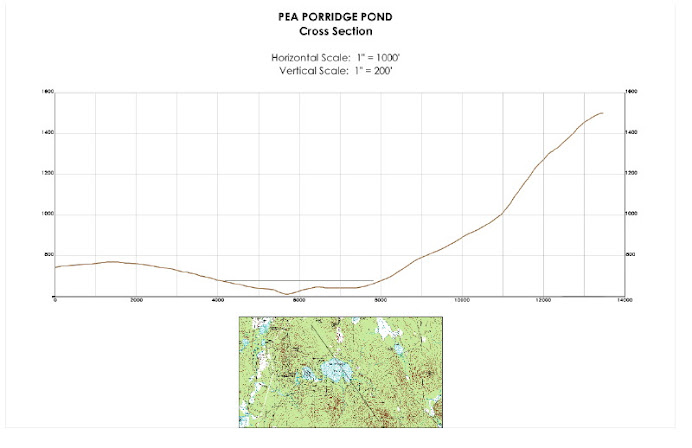1. We will be included with a poster/information table display at the Climate Change Forum scheduled for 6:30-8:30 p.m. on Monday, April 28th at the Kennett High School Auditorium. At the forum, presentations from experts around the country will focus on the science as well as economic and social aspects of the climate change phenomenon, including regional and global challenges and solutions. Speakers from organizations and state agencies will provide presentations on New Hampshire’s Climate Change Action Plan, information and science related to their field of expertise, and will also answer audience questions. Call 539-1859 for more information. Hosted by the Green Mountain Conservation Group, Eagle Academy and Timberland, Inc. The public and other schools are welcome to attend this event.
2. We will also use the poster/ information table format to help represent the activities of the Tin Mountain Conservation Center at a gathering from 6:30-8:30 at Granite State College on Wednesday, May 21. We have recently formed a linkage to Tin Mountain, finding that the MPEP project has much in common with their educational mission.
3. We will present a program based on the MPEP study for the Kennett High School Environmental Club at their monthly meeting at the Tin Mountain Conservation Center on Wednesday, May 21. Contact Tin Mtn for more information: 447-6991.
4. On Tuesday, June 10, we will review the MPEP program so far, and talk about its goals as part of the Tin Mountain Conservation Center's Nature Program series. More information at Tin Mtn: 447-6991.
At each of these sessions, we hope to gather names of individuals interested in the issues raised by our project. This group will form an informal discussion "club" that will be invited to meet at the Tin Mountain Center periodically to learn about new information as analytic results become available and to help us all explore the evolving story of the post-glacial period in this area.
Lee Pollock
The Madison-Hills Paleoecology Project ("MPEP")
Introduction
Scientific Basis of the MPEP
Lake-bottom sediments represent the most continuously detailed records of post-glacial (Pleistocene to Holocene) climate and environmental change available, and such records provide the best long term context for the dramatic physical and biological/ecological changes that have occurred during what has become to be known as the "Anthropocene" period (time since the beginning of extensive human habitation).
Who's Involved
The scientific staff of MPEP includes the following individuals, all of whom are donating their professional expertise to the project:
P. Thompson Davis, Ph.D., Dept. of Natural & Applied Sciences, Bentley College.
Brian Fowler, Quaternary Scientist, Project Director.
Lee Pollock, Ph.D., Dept. of Biology, Drew University.
Lisa Doner, Ph.D., Center for the Environmental, Plymouth State University
Subscribe to:
Post Comments (Atom)



No comments:
Post a Comment